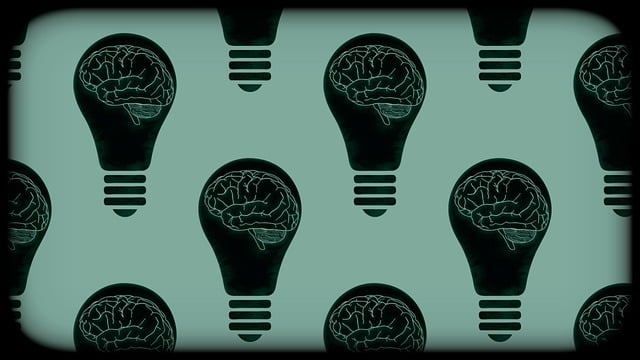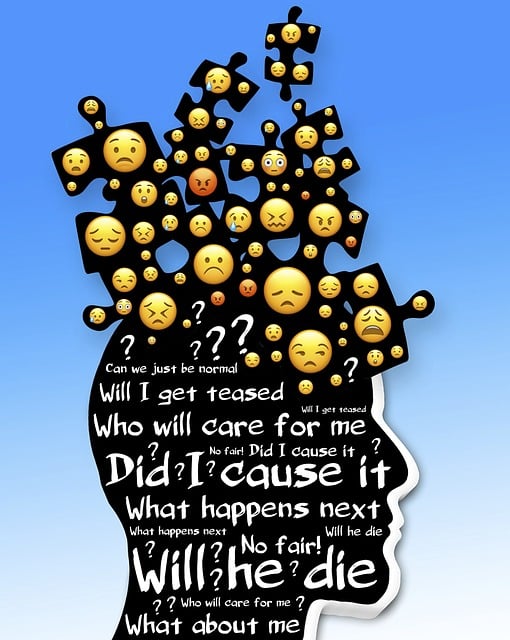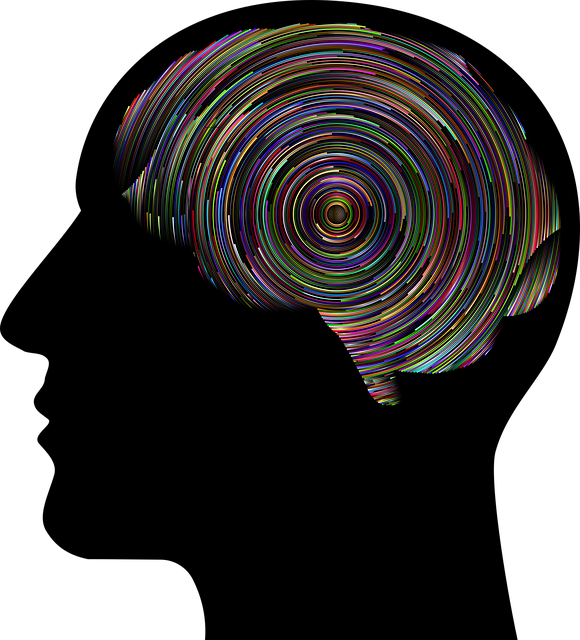Teen mental health in Florida faces significant challenges, including rising rates of depression, anxiety, and substance abuse among adolescents. Specialized adolescent counseling programs address these issues through early intervention, prevention strategies, and resilience-building techniques. These programs, tailored to the unique needs of teenagers, use evidence-based approaches like CBT to help them manage thoughts, emotions, and peer influence. Community resources and support systems play a crucial role in long-term recovery, with proactive engagement from local organizations, schools, and faith groups offering educational workshops, support groups, and recreational activities. By focusing on teen mental health Florida, these initiatives aim to create safer, healthier communities for adolescents.
“In Florida, addressing teen mental health and substance abuse is crucial due to rising trends among adolescents. This article delves into the unique challenges faced by young individuals seeking treatment, highlighting the importance of specialized programs tailored for their specific needs. We explore effective therapies, from cognitive-behavioral therapy to adventure-based counseling, that foster recovery. Additionally, we emphasize the role of support systems and community resources in promoting long-term well-being for teens navigating mental health struggles.”
- Understanding Teen Mental Health and Substance Abuse Trends in Florida
- Unique Challenges Faced by Adolescents Seeking Treatment
- Specialized Programs and Therapies for Effective Recovery
- Support Systems and Community Resources for Continued Well-being
Understanding Teen Mental Health and Substance Abuse Trends in Florida

Teen mental health in Florida reflects a complex interplay of various social, economic, and cultural factors that significantly impact adolescents and youths. Studies show a rising trend in teen depression and anxiety, often linked to increased academic pressures, social media influence, and changing family dynamics. Moreover, the state’s warm climate and diverse communities may contribute to unique challenges related to substance abuse, with youth addiction to alcohol, drugs, and other substances on the rise.
Adolescent counseling plays a pivotal role in addressing these issues. Specialized programs tailored for teen mental health in Florida focus on early intervention and prevention strategies. These initiatives aim to equip young people with coping mechanisms, improve their resilience, and provide a safe space to discuss personal struggles. By targeting teen depression and youth addiction proactively, these counseling services offer a promising path towards fostering healthier, more resilient communities across the state.
Unique Challenges Faced by Adolescents Seeking Treatment

Adolescents seeking specialized mental health and substance abuse treatment face unique challenges. This period of life is characterized by significant physical, emotional, and cognitive changes, making it a vulnerable time for developing mental health conditions such as teen depression and youth addiction. In Florida, where access to resources for teen mental health is crucial, adolescents often struggle with stigma, fear of judgment, and the need for discreet services that cater specifically to their developmental stage.
The journey towards recovery can be further complicated by co-occurring disorders, family dynamics, and peer pressure. Adolescent counseling plays a pivotal role in addressing these challenges, offering safe spaces where teens can openly discuss their struggles without feeling embarrassed or judged. Through evidence-based therapeutic approaches tailored for this age group, specialized programs aim to empower teens with coping strategies, enhance their resilience, and facilitate a successful transition into adulthood while maintaining optimal teen mental health.
Specialized Programs and Therapies for Effective Recovery

Specialized programs designed specifically for teen mental health Florida offers cater to the unique needs of adolescents and young adults grappling with substance abuse and co-occurring mental health disorders. These programs go beyond traditional therapy by incorporating evidence-based practices tailored to this demographic, focusing on brain development, peer influence, and family dynamics. Cognitive Behavioral Therapy (CBT), for instance, is widely used to address teen depression and other mood disorders, teaching youth coping strategies and empowering them to manage their thoughts and emotions effectively.
Additionally, adolescent counseling sessions often involve group therapy, allowing teens to connect with peers facing similar challenges. This peer support network fosters a sense of belonging and understanding, which is crucial for recovery. Alternative therapies such as art, music, and equine-assisted counseling are also gaining popularity in Florida, offering creative outlets for expression and processing emotions, particularly beneficial for those who might find traditional talk therapy challenging. These specialized approaches ensure that teens receive holistic care tailored to their individual needs and challenges on the path to overcoming youth addiction.
Support Systems and Community Resources for Continued Well-being

Support systems and community resources play a pivotal role in the long-term well-being of teenagers and adolescents navigating mental health challenges and substance abuse issues. Florida, with its diverse landscape, offers a range of options for teens seeking recovery. Community-based programs often provide critical aftercare support, ensuring that individuals transitioning from specialized treatment have access to ongoing counseling, peer groups, and family interventions. These networks help foster resilience and promote healthy coping mechanisms as teens integrate back into their communities.
Youth addiction and teen depression are prevalent issues that require proactive community engagement. Local organizations, schools, and faith-based groups can collaborate to offer educational workshops, support groups, and recreational activities tailored for adolescents. Such initiatives not only raise awareness about mental health but also provide alternative outlets for social connections and emotional expression. Adolescent counseling centers in Florida often partner with these communities to deliver comprehensive care that extends beyond clinical settings, fostering a supportive environment for vulnerable youth.
Teen mental health in Florida is a complex landscape, with substance abuse trends highlighting the urgency of specialized treatment for adolescents. By understanding the unique challenges faced by this demographic and implementing tailored programs and support systems, we can significantly enhance recovery outcomes. Effective recovery goes beyond therapy; it requires fostering robust community resources and nurturing supportive environments to ensure the long-term well-being of Florida’s teens. Prioritizing teen mental health services is crucial in building a healthier future for our youth.

